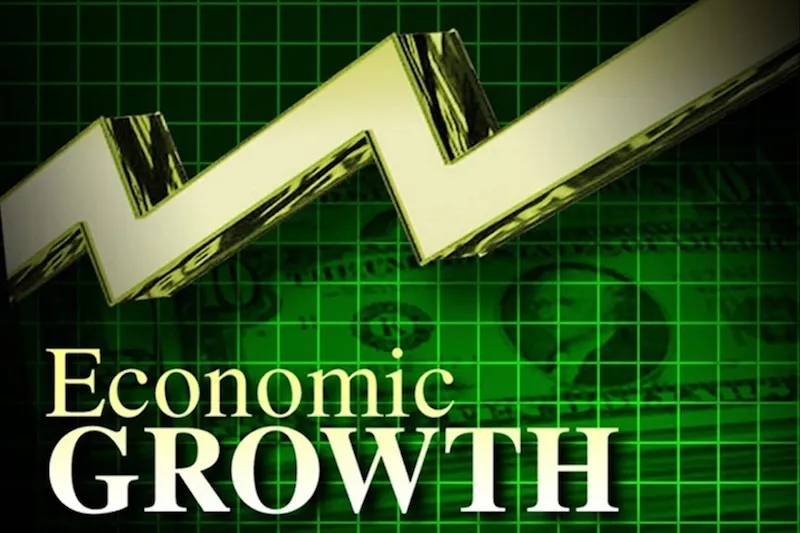The nexus of monetary policy is “inflation.” It ties in prices, employment, interests, and exchange rates among other variables. Controlling inflation has literally come to define the functions of most central/reserve banks around the world. Incidentally, the phenomenon of inflation in an economy has a direct bearing on national output and productivity. Inflation can not be kept down so long as the national output of goods and services over the decade has been lacklustre.
This is going by such figures as the nation’s GDP (less than 2.5% decade average), the negative balance of trade, and a series of devaluation and manufacturing capabilities dwindling by the day. All are happening against the backdrop of serious challenges being encountered in the agricultural sector on account of insecurity and climatic factors. Add the annual population growth of 2.6% that is higher than the GDP, and the economic challenges, in the short run, become more intricate.
Forty per cent of farmers across such states as Borno, Yobe, Adamawa, Taraba, Benue, Katsina, Zamfara, Sokoto, Kebbi, and to lesser extent Niger and Kaduna can not successfully till the land. It’s obvious the implications on this development on labour and availability of food, and even agro raw materials.
In a situation like this, the CBN macroeconomic tools MPR, CRR, OMO, LR, Fx Interventions, etc) can only go as far. There is a minimum threshold of national output that could make such tools effective. It’s common sense.
Currency devaluation in low-producing economy amounts to net economic loss expressed in galloping and externaly induced inflation. As for food inflation, the nbs has this to say “After 19 straight months of a fiery inflationary surge, Nigeria’s inflation turned the corner in July, decelerating to 33.4% from 34.2% a month before…Interestingly food inflation slowed by1.34%…” a drop that is greater than the difference between the 33.4 and 34.2 rates. Many factors outside policy might have contributed to this marginal development, especially the arrival of some new food items in the market, plus the “improved” access to inputs.
The devaluation (forex pressure) of the Naira is likely to make this “improvement” unsustainable against the backdrop that the country’s food and beverage bill increased by 30% from the last quarter of 2023 and first quorta of 2024. The nation also expends over 65% of its annual budget on debt service. Devaluation, debilitating debt overhung, and massive imports are strange bedfellows! Economics devalue or float currency to stimulate export by making their products comparatively cheaper, among other factors. Therefore, to float the national currency, which is a euphemism for devaluation, is tantamount to net economic loss. A scenario that could be worsened by being an oil dependant economy.
Oil is under curtail, so devaluation does not affect its demand.
As it were, oil export accounts for around 90% of the nation’s foreign exchange. Therefore, stabilising the exchange rate will largely depend on the curtailment of local demand, which could reasonably be achieved through boosting national output, especially food and agro raw materials. A policy strategy that has yet to take root. And it may not, unless backed by enormous political will.
The fact is that the current harsh economic environment and the various security challenges across the land pose serious drawbacks to macroeconomic policies. But willy nilly, they have to be addressed first to ensure both food self-sufficiency and security. This is yet to be seen in realistic terms. China, India, Brazil, etc, leverage their initial take-off via national food sufficiency and the agro allied industries.
The Brazilian coffee, and sugar, the Indian spices, and Basmati rice and the Chinese noddles and cusines are now major global exports after satisfying local demand. They are testaments to the power of homegrown economic models based on local factor endowments, especially in agriculture and SMEs.
Government should pay more attention to this economic model as it accords the IMF/WB a tangential recognition for “peace to reign.” The IMF/WB and other externally prescribed “structural adjustment programme” (SAP) more often than not, place more premium on National Account Book balance/health rather than the individual economic health of the citizens. The capacity to descerne the conflicts of interest determines the success or otherwise of government’s reforms during periods of serious economic downturn.
A.G.Abubakar agbarewa@gmail.com

Leave a Reply